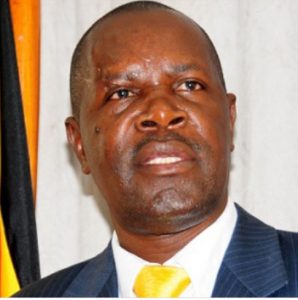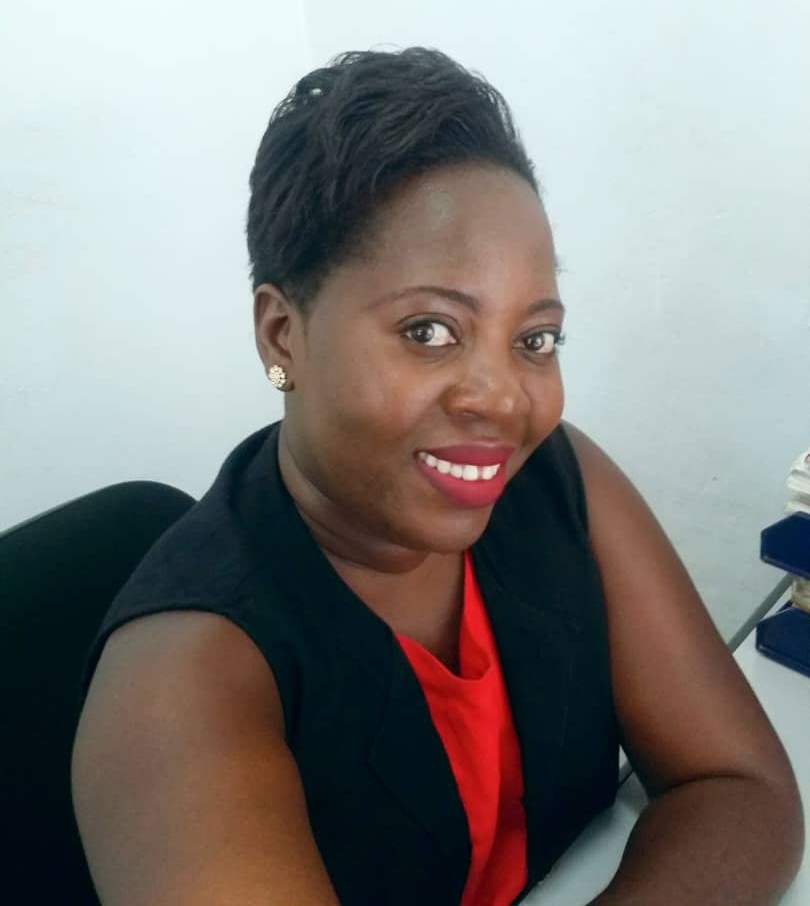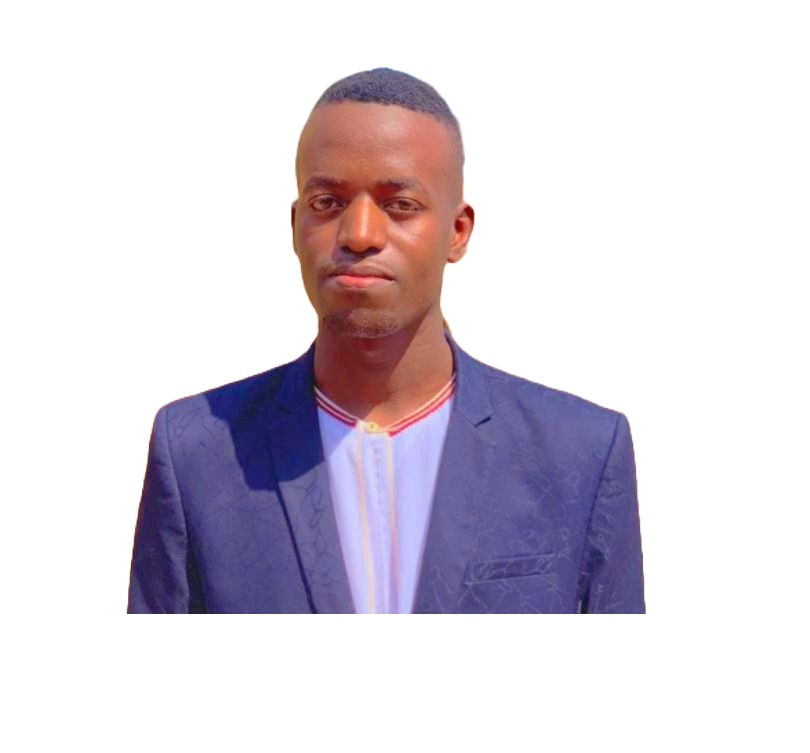THE WAR ON TERROR IS OURS TO LOSE; THE UN EXPERT REPORT WON’T DERAIL OUR MOMENTUM
In July 2025, the UN team of experts on the conflict in DR Congo presented a report to the president of the UN Security Council alleging that Uganda and Rwanda were supporting the M23 rebel group in the Democratic Republic of Congo. M23, is a rebel movement fighting the regime in Kinshasa and have since taken control of a big area of the Kivu provinces in Eastern DR Congo. This rather unfortunate report made far-fetched allegations totally unsubstantiated and full of hearsays. The deployment of UPDF in DR Congo for the Operation Shuja seem to have made it easier for the UN investigators to make many misrepresentations. For the record, Uganda’s deployment in DR Congo was agreed on by the two governments i.e. DR Congo and Uganda and the mandate to be there has been continuously renewed by the government of DR Congo. As a result, the war on terrorism has picked momentum ever since we made the decision to follow the ADF in the jungles of eastern DRC in Dec 2021. Peace has since been established in that region and Congolese are back to their homes going on with their lives. The ADF terrorists weren’t only pausing a threat to Uganda through regular cross border attacks, they were committing genocide on the helpless Congolese citizens in the Ituri Province. Therefore, no amount of UN noise is going to stop Uganda’s war on terror, be it in DR Congo or beyond. Similarly, the UPDF in recent weeks has been engaged in bitter battles with the Al shabaab terrorists in Somalia. Reports coming in indicate heavy losses on the part of Al Shabab. They are losing ground and towns that they had recaptured ever since troop contributing countries downsized their numbers or withdrew completely like Burundi did from now phased out Africa Mission in Somalia (AMISOM) in 2022. This famous quote from former US president could give us a more enriched perspective. “These terrorists kill not merely to end lives, but to disrupt and end a way of life. With every atrocity, they hope that America grows fearful, retreating from the world and forsaking our friends. They stand against us because we stand in their way. We're not deceived by their pretenses to piety. We have seen their kind before. They're the heirs of all the murderous ideologies of the 20th century. By sacrificing human life to serve their radical visions, by abandoning every value except the will to power, they follow in the path of fascism, Nazism and totalitarianism. And they will follow that path all the way to where it ends in history's unmarked grave of discarded lies”, President George Bush Junior. This was his speech to the nation 9 days after the Sept 11, 2001, terrorist attack on the US. The moral value of this famous quote is that any country worthy of its name must be firm and decisive in dealing with terrorism within its borders and beyond. The hunt for these ADF terrorists therefore has been stretched beyond our borders. As we speak the Uganda Peoples Defense Force ( UPDF) together with the DR Congo national force, FARDC are in Ituri province of eastern hunting down the ADF terror outfit and will eliminate them once and for all however long it takes. Defeating terrorism requires both regional and international cooperation and now that Uganda has both, we can only count days before we extinct these criminals. Cooperation in such operations is so critical. ADF is no longer a rag tag rebel outfit in the jungles of DR Congo. It is now fully allied to international terrorist group of ISIS. When ADF terrorist struck in the middle of Kampala in November 2021, the ISIS publicly claimed victory over the operation. Caution should be made to some of our Western allies who have been hoodwinked by some phony human rights organizations that quite often derail such firm approaches to defeat terrorism. Unfortunately, they tend to find allies in some quarters both within political opposition and their funders in the outside world. For example, some have already begun castigating Uganda’s security agencies on its firmness while handling these criminals. No country has defeated terrorism with kid gloves. Be it the USA, UK, France, Russia, China etc. These countries have had to take strong decisive decisions to counter such terror organizations and those who sponsor them. Finally, no amount of misleading reports from any quarter should derail this struggle. The UPDF record talks for itself. When the NRA which later morphed into UPDF were liberating Uganda from the hands of tyrants, they only relied on Ugandans who clearly understood their cause. After all, the world knows what some African countries especially in West and Central Africa are reaping from not taking firm decisions while handling terrorists. Terrorists threaten our collective security and we must collectively as Africans handle this threat to reaffirm our territorial integrity. Short of that we can only prepare for the worst. The writer is the Acting Executive Director Uganda Media Centre
By Obed Katureebe


.jpg)





